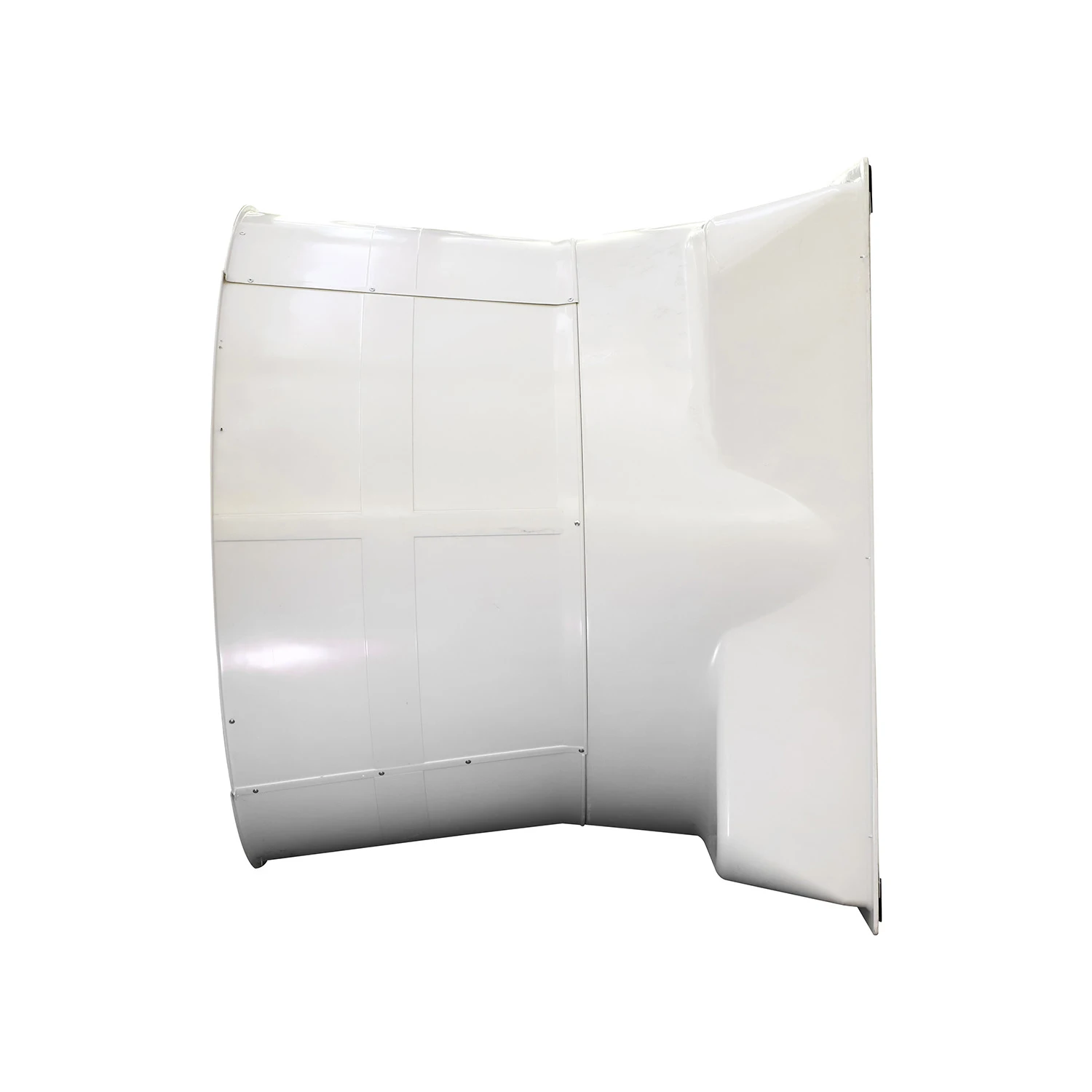High-Performance Stationary Feed Mixers for Efficient Livestock Feeding
Sep . 10, 2024 11:47 Back to list
High-Performance Stationary Feed Mixers for Efficient Livestock Feeding
The Importance of Stationary Feed Mixers in Modern Agriculture
In the world of modern agriculture, stationary feed mixers play a crucial role in ensuring the efficiency and productivity of livestock farming. These specialized machines are designed to blend various ingredients into a homogeneous mixture, allowing farmers to create customized feed formulations that meet the nutritional needs of their animals.
One of the primary benefits of stationary feed mixers is their ability to enhance feed consistency. By thoroughly mixing different feed components, such as grains, minerals, vitamins, and additives, these mixers ensure that each batch of feed provides a balanced diet. Consistent feed quality is vital for maximizing animal health and productivity, as it helps prevent nutritional deficiencies and promotes optimal growth rates.
Moreover, stationary feed mixers offer flexibility in feed formulation. Farmers can experiment with different ingredient combinations to create tailor-made rations that cater to the specific requirements of their livestock. Whether it's poultry, swine, or cattle, the ability to adjust feed ingredients based on age, weight, and production goals is invaluable. This flexibility not only helps in improving animal performance but also contributes to cost savings by allowing farmers to use locally available ingredients.
stationary feed mixers

In addition to promoting better nutrition, stationary feed mixers also streamline the feeding process. With the capability to mix large quantities of feed at once, these machines reduce the time and labor required for feed preparation. Farmers can prepare several days' worth of feed in a single batch, ensuring that livestock receive fresh and well-mixed rations without the need for constant attention.
Durability and longevity are another key advantage of stationary feed mixers. Built to withstand the rigors of daily use, these machines typically feature robust construction and reliable components. Investing in a high-quality stationary feed mixer can lead to significant long-term cost savings, as it reduces the frequency of repairs and replacements.
Furthermore, many modern stationary feed mixers are designed with user-friendly features, making them accessible for farmers of all experience levels. Digital controls, automated mixing cycles, and precision measurement systems are becoming increasingly common, allowing operators to achieve optimal mixing performance with minimal effort.
In conclusion, stationary feed mixers are an essential tool in contemporary livestock farming. Their ability to produce consistent, high-quality feed tailored to specific animal needs not only enhances livestock health and productivity but also improves overall operational efficiency. As the agriculture industry evolves, embracing technology like stationary feed mixers will remain vital for farmers seeking to maximize their output and optimize resource use. By investing in these machines, farmers can ensure they are well-equipped to meet the challenges of modern agriculture and provide their livestock with the best possible nutrition.
-
Automatic Feeding Line System-Pan Feeder Nipple Drinker|Anping County Yize Metal Products Co., Ltd.
NewsJul.29,2025
-
Hot Sale 24 & 18 Door Rabbit Cages - Premium Breeding Solutions
NewsJul.25,2025
-
Automatic Feeding Line System Pan Feeder Nipple Drinker - Anping County Yize Metal Products Co., Ltd.
NewsJul.21,2025
-
Automatic Feeding Line System Pan Feeder Nipple Drinker - Anping County Yize Metal Products Co., Ltd.
NewsJul.21,2025
-
Automatic Feeding Line System - Anping Yize | Precision & Nipple
NewsJul.21,2025
-
Automatic Feeding Line System - Anping Yize | Precision & Nipple
NewsJul.21,2025






